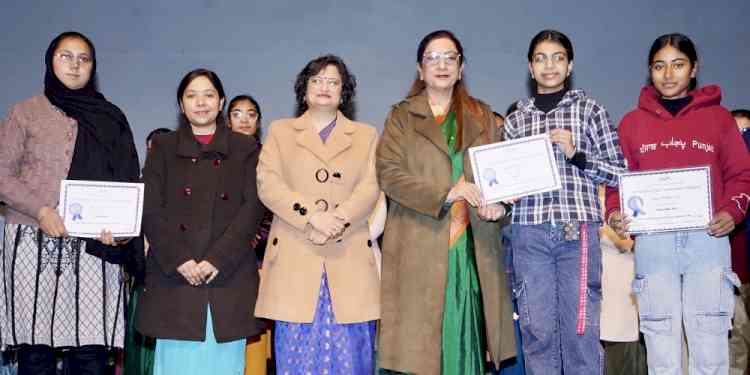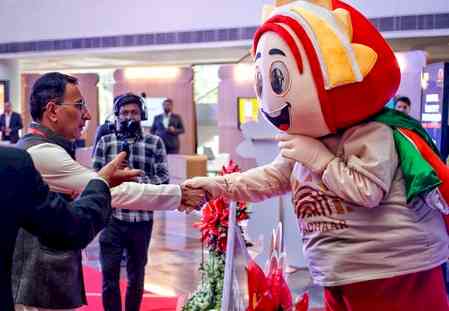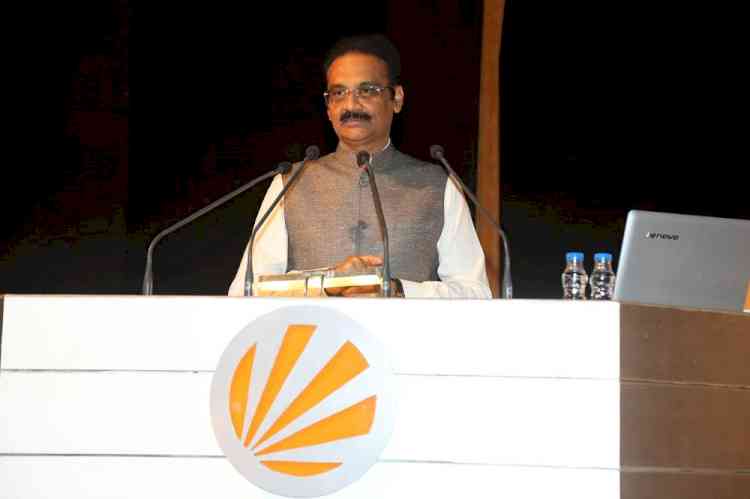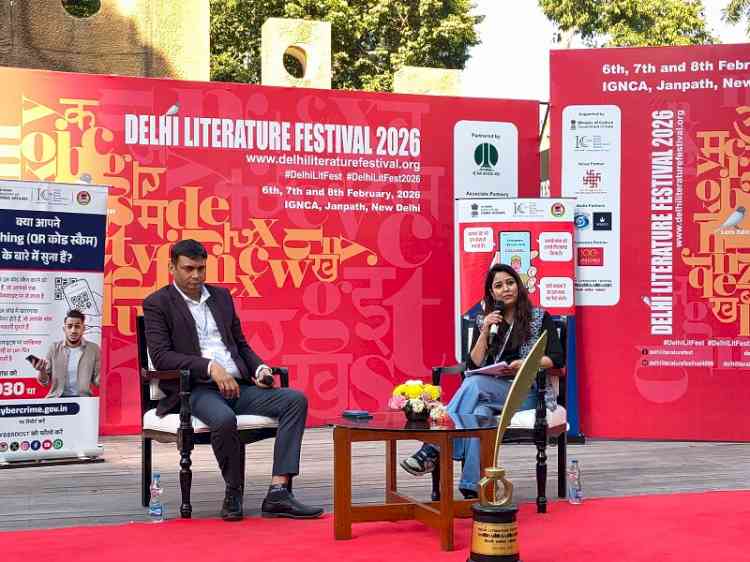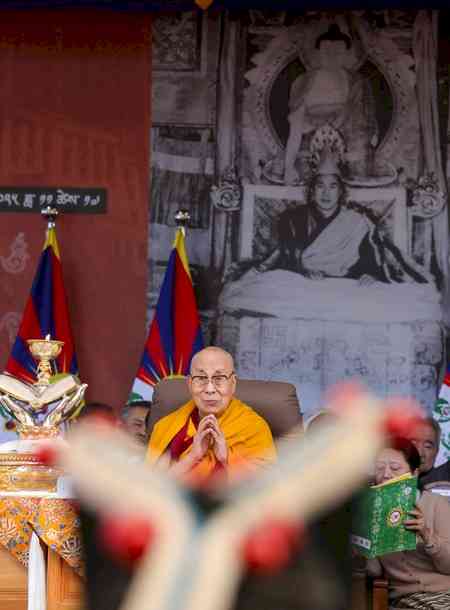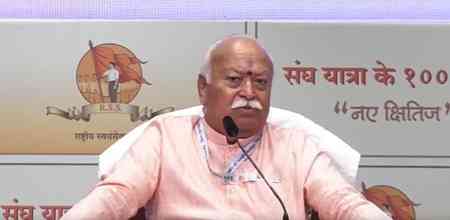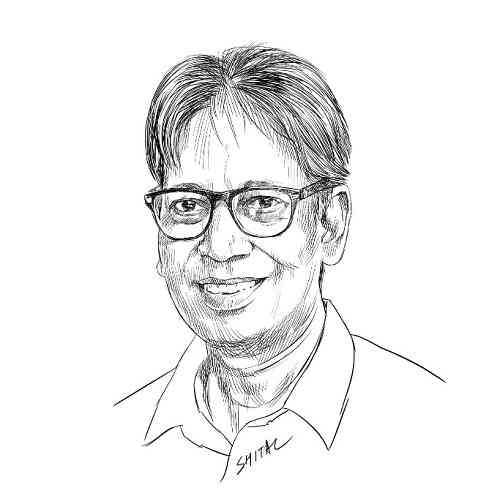At Manav Rachna University Youth Parliament, Dr. Sudhanshu Trivedi Urges Justice-Oriented Modernization of India’s Legal Frameworks
Member of Rajya Sabha and BJP National Spokesperson Dr. Sudhanshu Trivedi graced the VidhiVaaD Youth Parliament, hosted by the School of Law at Manav Rachna University (MRU). Addressing the students, he urged the younger generation to actively participate in informed debate, policy formulation, and leadership initiatives, calling them “custodians of India’s democratic future.”

Faridabad, October 01, 2025: Member of Rajya Sabha and BJP National Spokesperson Dr. Sudhanshu Trivedi graced the VidhiVaaD Youth Parliament, hosted by the School of Law at Manav Rachna University (MRU). Addressing the students, he urged the younger generation to actively participate in informed debate, policy formulation, and leadership initiatives, calling them “custodians of India’s democratic future.”
The Youth Parliament comprised committees such as the Lok Sabha, which debated the Waqf (Amendment) Bill, 2025, and the All India Political Party Meet, which focused on India’s response to U.S. reciprocal tariffs. These deliberations exposed students to practical aspects of governance including strategic negotiations, policy design, and real-world legislative challenges. Participants showcased oratory skills, policy thinking, and leadership as they assumed the roles of parliamentarians, debated resolutions, and drafted recommendations.
In his keynote, Dr. Trivedi highlighted how the Supreme Court, through cases such as the S.R. Bommai judgment, has clarified the principles of democratic legitimacy. These judgments emphasize that the authority of a government must be determined on the floor of the House, rather than through external means. They further establish that while leadership actions may vary, a government’s continuation depends on proving its majority within Parliament, as decisions taken outside the legislative framework can undermine democratic integrity.
He pointed to the colonial legacy of the Indian Penal Code, which prioritized control and punishment. “Modern India must move beyond punishment as the priority and embrace justice as the guiding principle,” he noted, highlighting Parliament’s role in evolving democratic systems while balancing inherited colonial frameworks.
On judicial development, Dr. Trivedi cited land and hotel disputes, where consistent rulings across decades reflect India’s gradual but steady legal evolution. “The law in India is not static; it adapts and progresses with time,” he emphasized.
Situating India in the global context, he said Western nations and China face demographic challenges, while India enjoys a unique advantage as both the world’s largest democracy and youngest major nation. “This demographic dividend is our strength, but also our responsibility. We must move forward with confidence, inspired by our past and focused on building a sustainable future,” he said.
Dr. Trivedi also touched upon India’s global achievements: its emergence as one of the top five economies, leadership in digital transactions through UPI, now the largest platform in the world, and its pioneering success in becoming the first country to land on the south pole of the Moon. “Our civilizational values and scientific excellence are not separate; they strengthen one another,” he remarked.
Concluding his address, Dr. Trivedi praised the students’ engagement, noting that the Youth Parliament format sharpens critical thinking, nurtures democratic responsibility, and prepares youth for active roles in governance. “India’s democracy has matured through challenges and judicial consistency. With the energy of our youth and the strength of our civilizational values, we are poised to shape a future that is confident, just, and sustainable,” he said.



 City Air News
City Air News 
